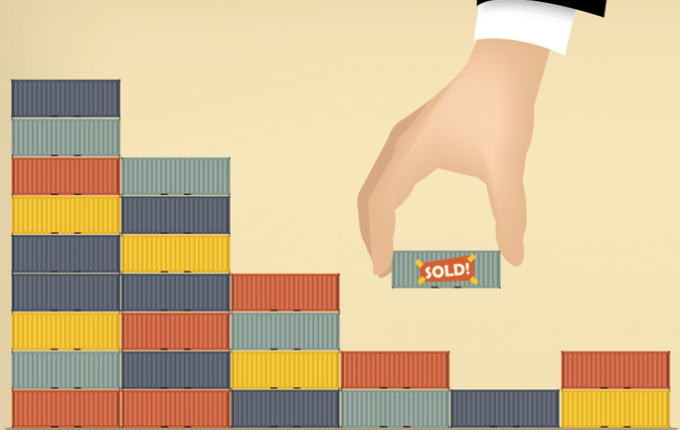News in Brief Podcast | Week 31 | De minimis, tariff talk and Q2 earnings
In this week’s episode of The Loadstar’s News in Brief Podcast, the team recaps this week’s supply ...

Increasing numbers of forwarders claim they are being “shut out” by shipping lines that appear to be focusing on very large forwarders and BCOs.
There is suspicion that several European carriers are looking at a similar approach to that of Maersk.
“We’re getting the feeling and feedback ...

Comment on this article
Steve Alaerts
January 21, 2022 at 6:53 amIt’s a hard time for freight forwarders, but there’s nothing new on the horizon. Indeed, shipping companies have always had specific preferences and ambitions to increase their footprint by offering forwarding services. After all, it is a free market, and everyone is free to invest in the activities they find valuable. It is now more visible, and service providers feel this more strongly because of the current capacity problems. Wait for all that ordered capacity to hit the market, and the situation will reverse somewhat. As long as no real novelty is introduced, which is not the case today, the situation seems to be temporary. So what is so drastically different about the same forwarding services but under shipping company wings?